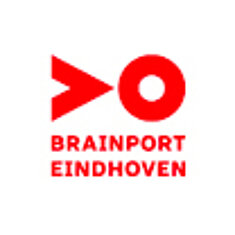Hydrogen network in the Brainport region: Quick scan reveals possible routes, opportunities and challenges
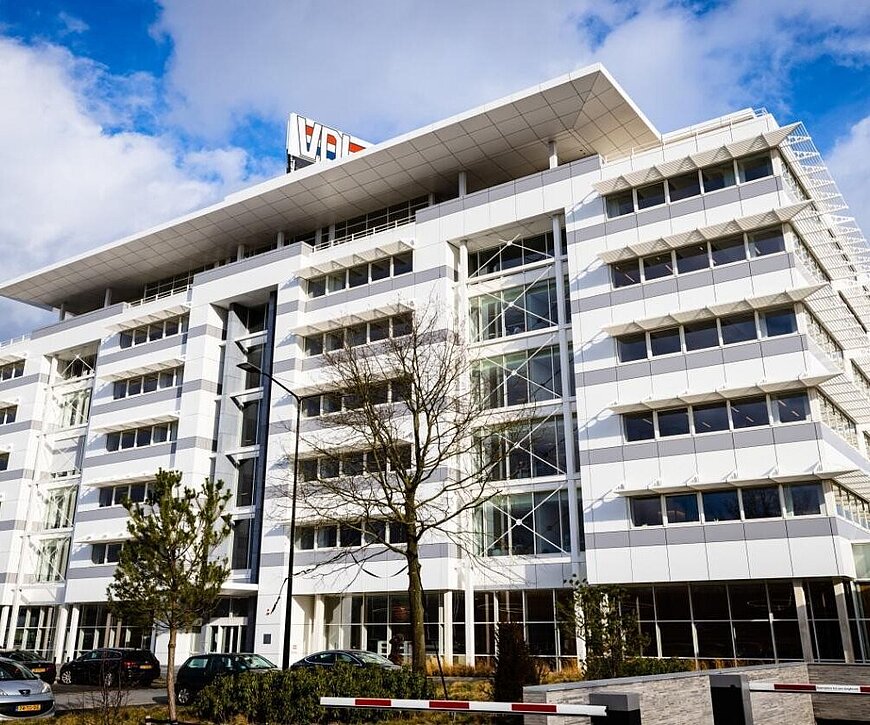
In mid-April, an important meeting took place at VDL Groep in Eindhoven about the future hydrogen infrastructure in the Brainport region. During this meeting, the results of a route study (quick scan) into a possible regional distribution network for hydrogen were presented.
Insight into possible routes and environmental factors
The quick scan, carried out by Antea Groep, analysed various routes for a low-pressure, high-pressure and hybrid hydrogen network in the Best, Son & Breugel, Veldhoven, Eindhoven and Helmond area. The national hydrogen network of Hynetwork (Gasunie), which is expected to be operational around 2033, was also examined. The study took into account various environmental aspects such as archaeology, explosives, nature reserves, water, underground infrastructure and environmental pollution. The expected construction costs and technical challenges were identified for each route. The permits required for the realisation of the network were also examined and an overview was made of all stakeholders needed in the roll-out phase.
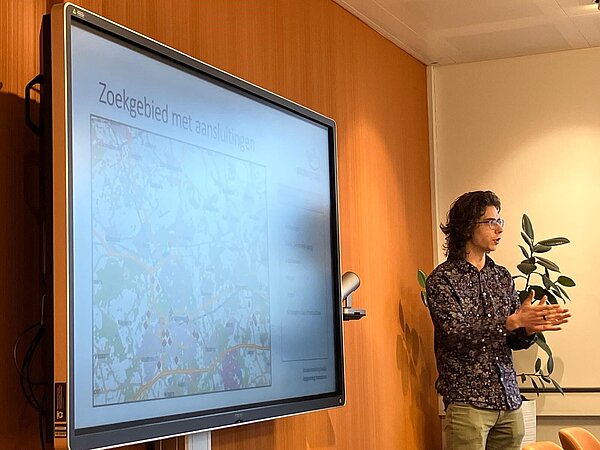
Next steps towards realisation
The next step is a regional system analysis to determine the optimal design of the network. This will look at electrolysis capacity, storage options, links to the national network, and expected supply and demand within the industrial cluster.
The planned completion of the national hydrogen network around 2033 offers scope for the strategic development of the regional infrastructure. A plan for phased roll-out is currently being developed.
Broad regional cooperation
The route study was commissioned by a broad coalition of companies and municipalities in the Brainport region, led by Brainport Development and the Municipality of Eindhoven, in close cooperation with Enexis.
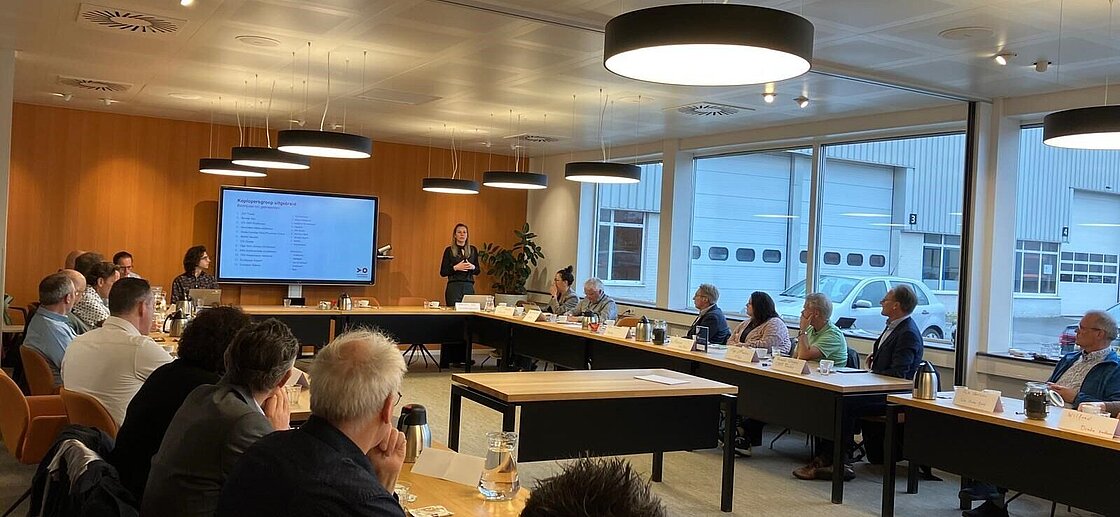
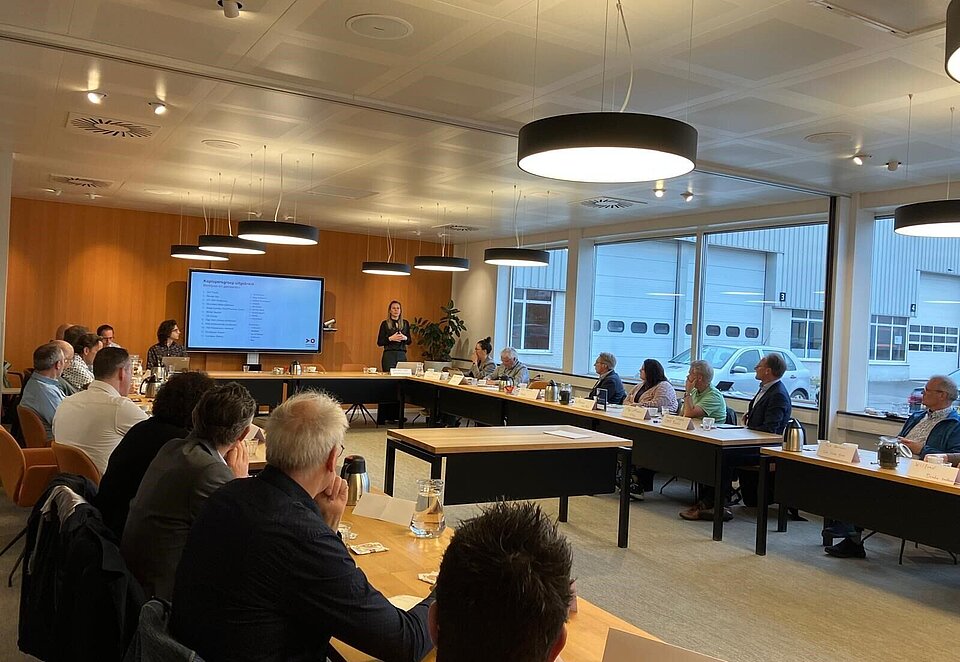
Conclusion
The meeting marked an important milestone in the development of a regional hydrogen infrastructure. In the coming period, the focus will be on in-depth analyses, consultation with stakeholders and the elaboration of design and licensing procedures. Thanks to the joint efforts of public and private parties, the Brainport region is taking the next step towards a future-proof energy supply.
